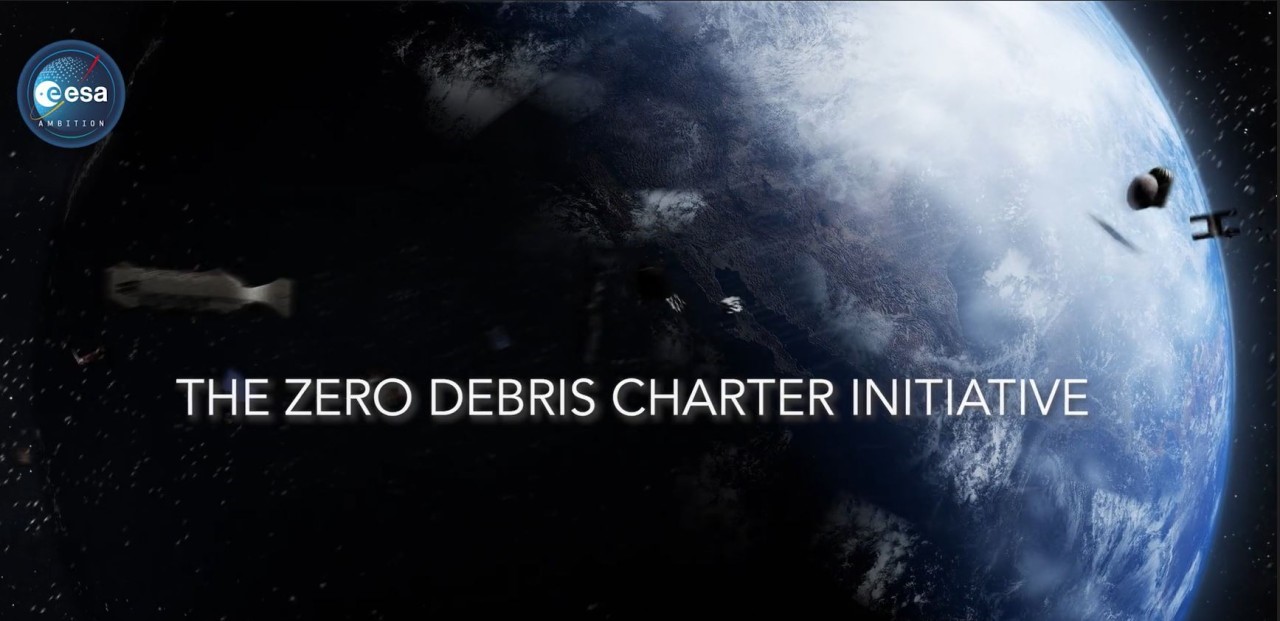Zero Debris Charter

- 27 May 2024
Why is it in the News?
Twelve nations have signed the Zero Debris Charter at the ESA/EU Space Council, solidifying their commitment to the long-term sustainability of human activities in Earth orbit.
What is the Zero Debris Charter?
- The Zero Debris Charter is an initiative of the European Space Agency (ESA) and a non-legally binding, technically driven and community-building instrument.
- It is a world-leading effort to become debris-neutral in space by 2030.
- It outlines high-level guiding principles and sets ambitious, collectively defined targets to realize the goal of Zero Debris.
- The charter has been endorsed by countries including Austria, Belgium, Cyprus, Estonia, Germany, Lithuania, Poland, Portugal, Romania, Slovakia, Sweden, and the United Kingdom.
What are Space Debris?
- Space debris encompasses all non-functional, man-made objects in Earth's orbit or re-entering the Earth's atmosphere.
- This category includes decommissioned satellites, spent rocket bodies, fragments resulting from spacecraft breakups or collisions, and debris from anti-satellite weapon tests.
- Presently, there are over one million pieces of space debris larger than one centimetre orbiting Earth.
What are the Concerns with Space Debris?
- Threat to Space Infrastructure: Collisions with operational satellites can disrupt navigation and communication systems on Earth.
- Kessler Syndrome: The uncontrolled accumulation of debris can trigger an escalating cascade of collisions, exacerbating the problem.
- Risk on Earth: Large space debris re-entering the atmosphere uncontrollably poses risks to the population on the ground.
- Increased Cost: Expensive collision avoidance manoeuvres must be performed to protect valuable space assets.
Initiatives for Space Debris Mitigation:
Global:
- Inter-Agency Space Debris Coordination Committee (IADC): A global entity that coordinates activities related to space debris among various space agencies worldwide.
- Space Debris Mitigation Guidelines: Established by the Committee on the Peaceful Uses of Outer Space (COPUOS), these guidelines provide recommendations for reducing the generation of space debris and promoting the long-term sustainability of outer space activities.
India:
- Debris-Free Space Missions (DFSM): An initiative by ISRO aimed at achieving debris-free space missions by 2030, implemented through the ISRO System for Safe & Sustainable Space Operations Management (IS4OM).
- Project NETRA (NEtwork for Space Object Tracking and Analysis): A project focused on enhancing space situational awareness to monitor and manage space debris.
